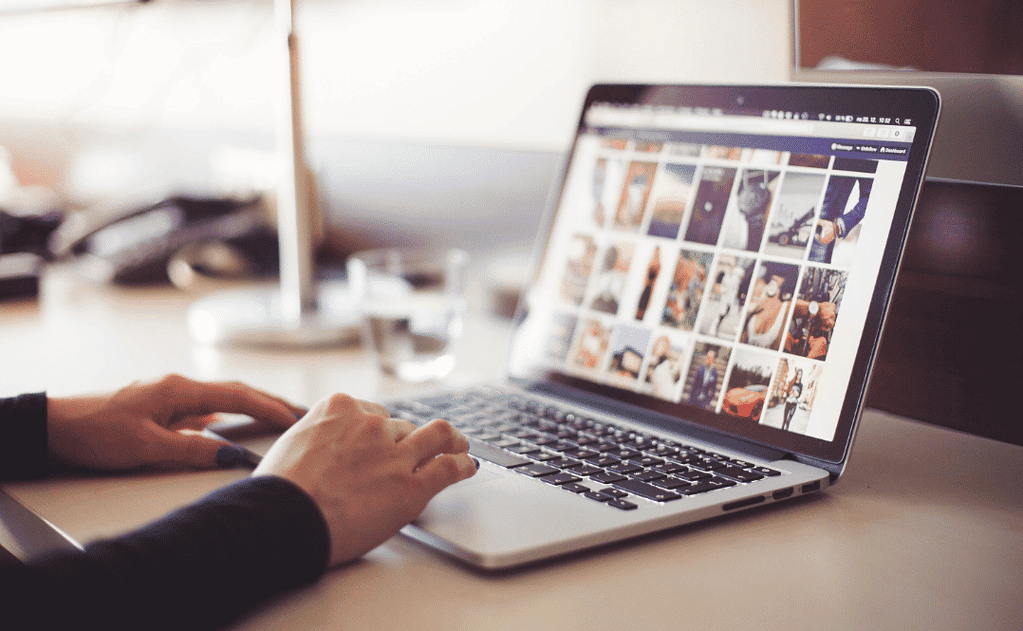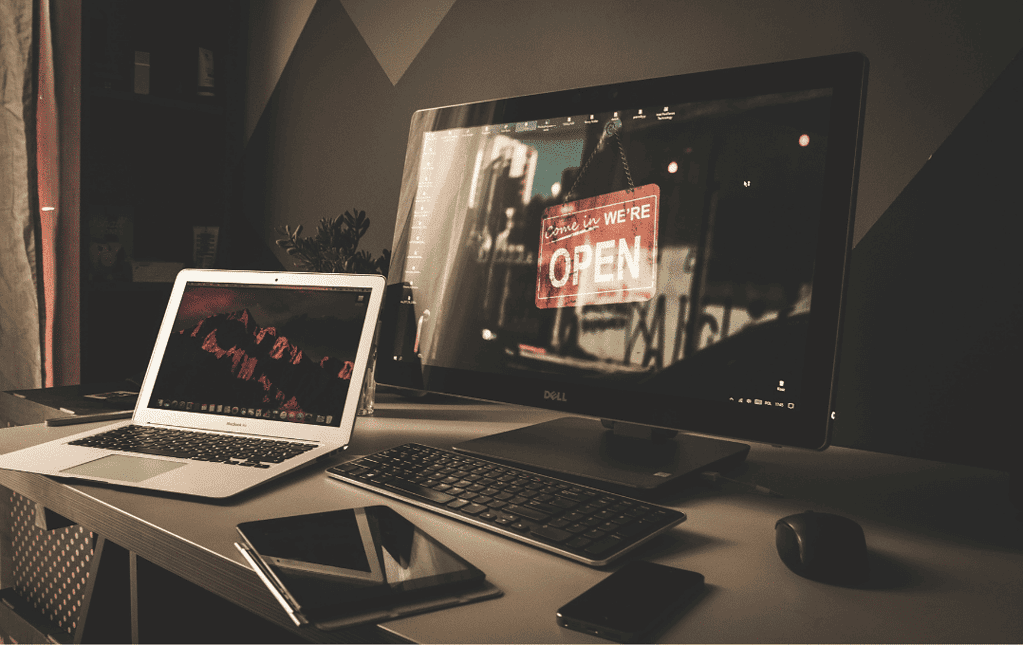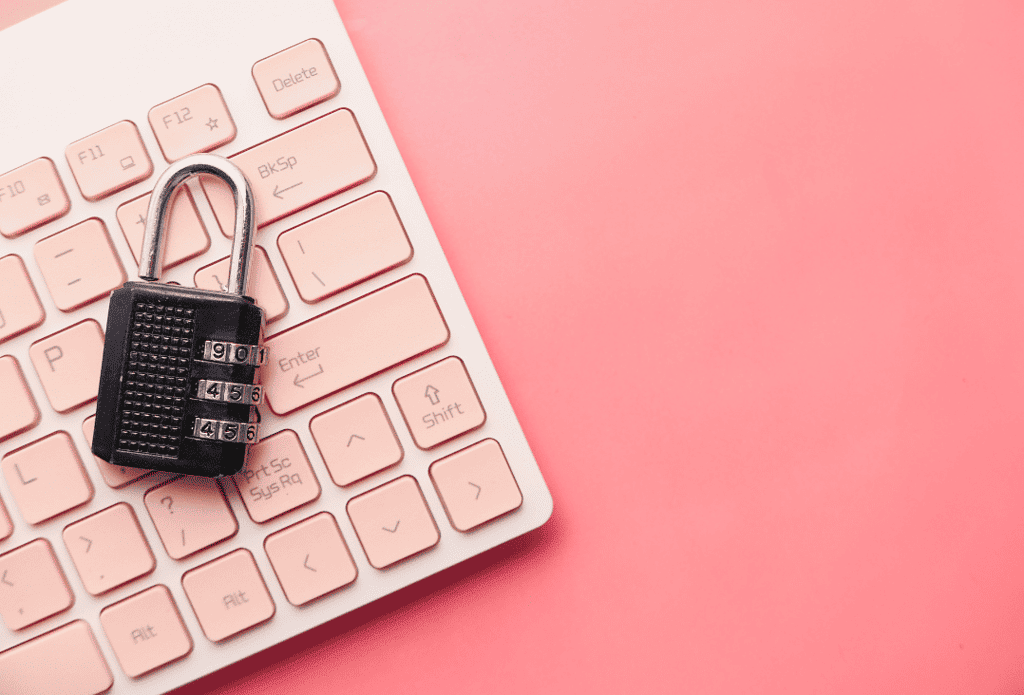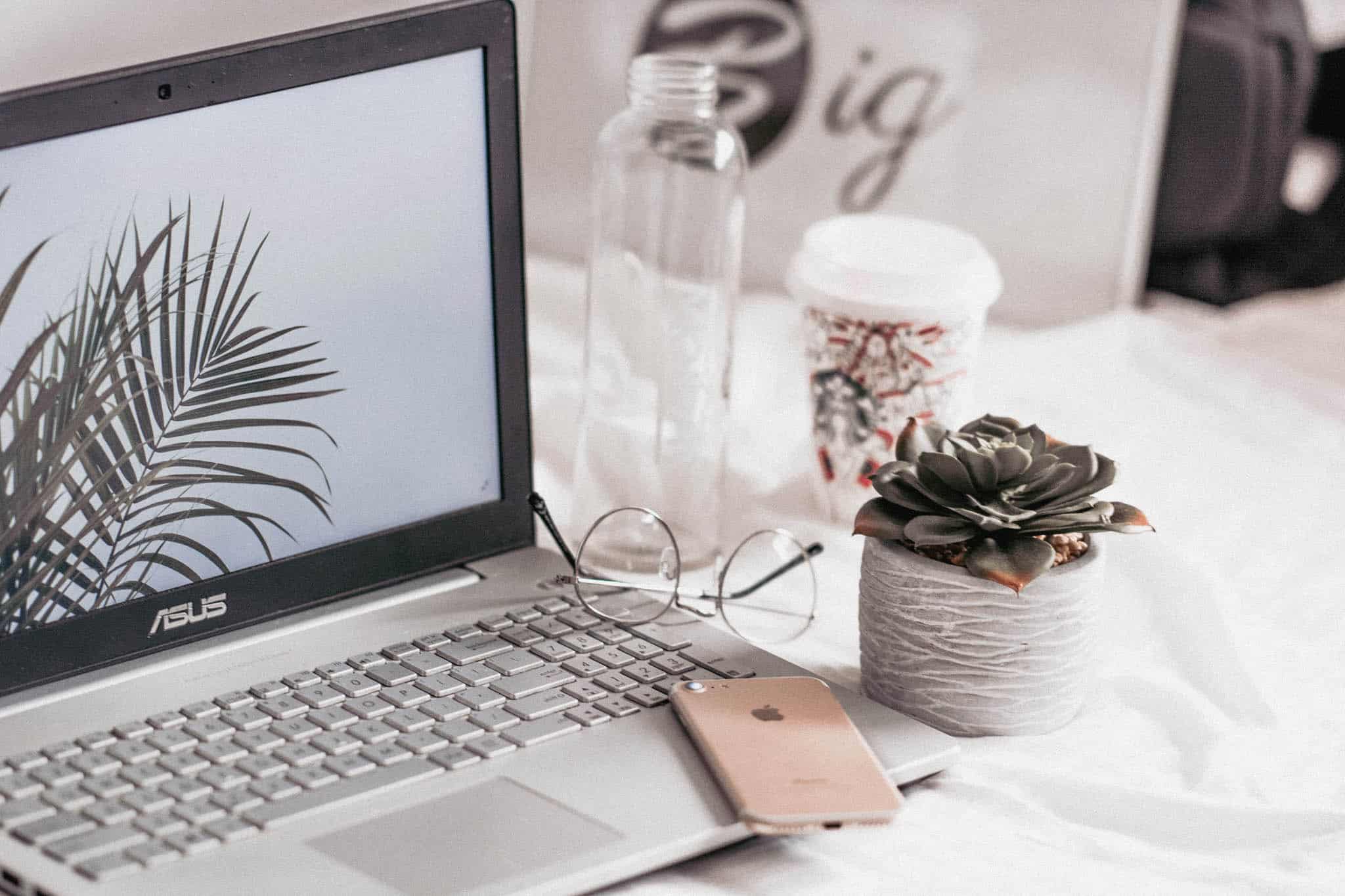If you’re a millennial like me, you were raised with the dawn of the internet, and are the last generation to have grown up without it. This gives us a major advantage when keeping our mental health in check and not get overwhelmed with it all.
That’s why I put together a list of my top “rules” I use when using the internet, to keep my info safe and more importantly my mental health safe.
Think of opening your browser like walking outside your front door.
The internet is a public space, visible to everyone in the world. Where everything you do is being recorded.
Don’t say anything online that you wouldn’t say in person.

This goes along with the first point. We all hopefully know this by now, the internet is a permanent record even if you manually delete them.
Also, it’s good to remember that any content you post on social media sites, are open to the public to use. I’ve seen some confused Gen Z online recently that seemed confused.
Despite all the censoring going on, there’s a culture war going on online and we need more positive reinforcements. That’s one reason why I started this blog
Using your screens as a tool helps reduce your need to use it for validation.
It’s all about training your brain. If you do not get overwhelmed or sucked into social media, then you can skip this tip.
People older than Gen Z are naturals at this, since we grew up most our lives without this new aged social media and internet world.

Periodically clear your browser’s and app’s cookies and caches.
It’s just leaving more information about you around for people (or bots) to steal. In your browsers history settings, you can set an automatic schedule for when to clear your history.
I have my browser set to clear after I close it each time. It can be annoying at times but becomes less tedious the more I do it.
Invest in a VPN to protect your browsing privacy and keep your information safe.
Or at least use the Duck Duck Go browser extension, or use Mozilla Firefox. They seem to have the highest built in privacy features amongst all browsers.
To me, the CAPTCHa tests or digit pass code clearances are worth the security.
Keep your passwords up to date, or at least all different from one another.
Write them down all in a private notebook off the computer, or use a password protected service through a reliable VPN service. I have used both Surf Shark and Xpress VPN now, and I greatly like Xpress VPN more.
I say this through experience, I got the majority of my accounts hacked a while back. I used an easy/very old password for most of them, and made my remaining pw’s too easy. The longer the password the better.
Also, storing pw’s in your Notes app is not safe. There are encrypted apps for storing passwords, but what if your phone dies? It’s safe to keep a physical copy for emergencies.

Remember, in person connection is always better than through a screen.
Enough said on this
Always back up your devices.
Another no brain-er. External hard drives are your best friends, not the cloud.
If you don’t search for it, you won’t see it.
The algorithms are making it harder and harder to find information online. They’re set up to show us similar content to what we search for and like, and omit articles and info that contradict your interests.
While pushing out content that might’ve shown up on our feed originally. So I say, keep the algorithms guessing.
Thank you for reading this blog!
Please like, share and explore my other blogs. Your comments and feedback really help get my blog out to others.
Stay Curious

